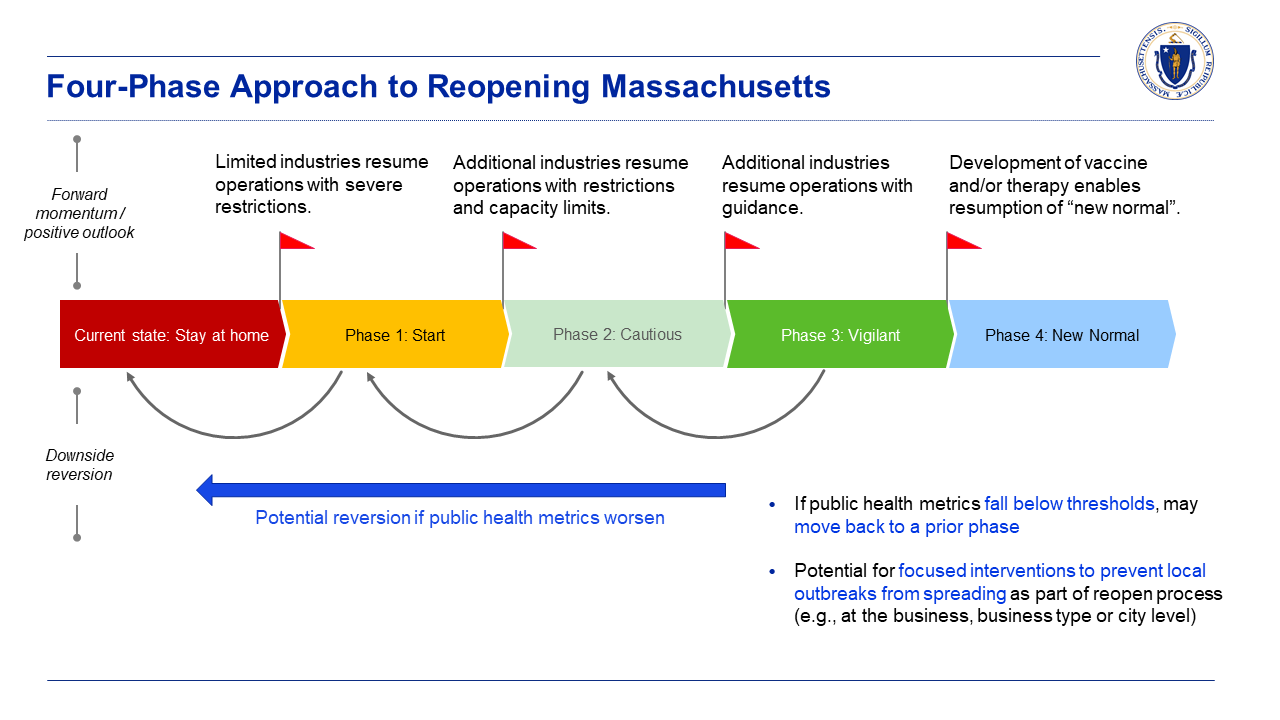From the
Franklin School Committee blog:In April and May 2007, the Massachusetts Office of Educational Quality and Accountability (EQA) conducted an independent examination of the Franklin Public Schools for the period of 2004–2006. The EQA analyzed Franklin students’ performance on the Massachusetts Comprehensive Assessment System (MCAS) tests and identified how students in general and in subgroups were performing. The EQA examined critical factors that affected student performance in six major areas: leadership, governance, and communication; curriculum and instruction; assessment and evaluation; human resource management and professional development; access, participation, and student academic support; and financial and asset management.
On Tuesday, January 22, 2008, the audit report will be presented to the School Committee.
and:
The state report finds that, on average, three-fourths of all students in Franklin attained proficiency on the 2006 MCAS tests, much more than that statewide. More than four-fifths of Franklin students attained proficiency in English language arts (ELA), more than two-thirds of Franklin students attained proficiency in math, and nearly two-thirds of Franklin students attained proficiency in science and technology/engineering (STE). Ninety-seven percent of the Class of 2006 attained a Competency Determination.
The report also pointed to shortfalls in school funding, which was “insufficient” to fully fund costs associated with increased enrollment, additional special-education teachers, contractual salary increases, and utilities. But the report praised Franklin for passing a $2.7 million property tax increase last spring, which “solidified the community’s commitment to the school district and the educational needs of the children in Franklin.”
And:
The EQA was created by the Massachusetts Legislature in July of 2000, to provide independent and objective programmatic and financial audits of the 350-plus school districts which serve the cities and towns of Massachusetts. The agency is the accountability component of the Education Reform Act of 1993, and was envisioned in that legislation. The complete standards can be read by clicking here.
The full 28 page EQA report on Franklin can be read by clicking here.
Mark your calendar for the Jan 22nd meeting!





